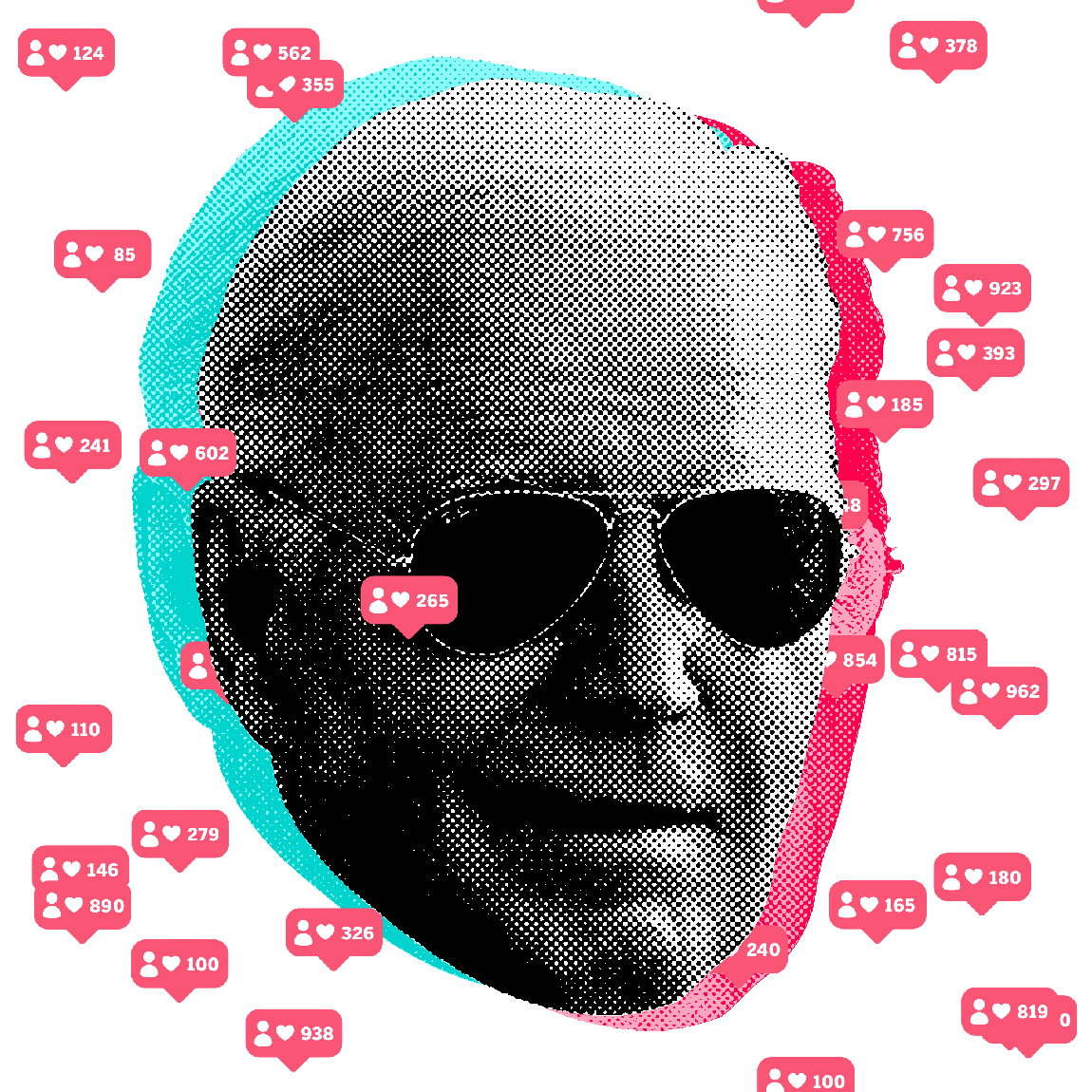What’s behind the anti-Biden ‘wildfire’ among TikTok influencers
President Biden has been courting Kahlil Greene and other young TikTok influencers since taking office, inviting them to celebrations at the White House and policy briefings on Zoom, where Biden and Vice President Kamala Harris have been known to pop in. A third of adults under 30 get their news from short videos on TikTok, according to a Pew Research Center survey. Add in Instagram Reels and YouTube Shorts, and social media’s reach grows.
Greene, 24, posts videos linking history with present issues about race and gender, drawing about 650,000 followers on TikTok and roughly 146,000 on Instagram. His posts have generated 3 million TikTok views in the last three months.
But Biden hasn’t been inviting Greene to recent White House celebrations. Greene and some other progressives believe they have been left out because of their criticism; the White House did not respond when asked about it. Greene isn’t sure whether he would attend anyway. If it’s just a photo op, no thanks. If he can ask tough questions, OK.
Greene’s skepticism exemplifies the challenges Biden and his allies face as they try to navigate a new class of media gatekeepers. Not only are they more prone to go off the campaign’s message than a traditional surrogate, many have also become more jaded and more demanding, both politically and financially.
In 2020, TikTok was just starting to bloom as a political town square. Many of the progressive creators were new to politics and united behind the Black Lives Matter movement and their displeasure with then-President Trump and the pandemic. Four years later, more than a fifth of the top left-leaning creators on TikTok posted explicitly anti-Biden content — accounting for more than 100 million views during the first four months of this year.
There is a larger universe of users who were already upset with Biden over a law he signed in April that would ban TikTok within a year if the Chinese firm ByteDance fails to sell it. Greene and other progressives are drawing links between the two issues, arguing that the TikTok law is aimed at stifling dissent over the war, a claim the White House disputes.
“What I would be concerned about is kind of the wildfire anti-Biden movement leaping from anti-Biden progressives to a larger group of young people,” said Ben Darr, president and founder of CredoIQ.
The larger group is less interested in politics but sees TikTok as their main source of news, entertainment, relationships, and education around certain topics. A White House spokesperson notes that the bipartisan TikTok law had been in the works before the Israel-Hamas war started.
But if anger over the war and the TikTok law continues to converge online, it could deepen Biden’s trouble with young voters, who are wavering, according to some polls, after supporting the president overwhelmingly in 2020. A majority of voters support the TikTok law, according to a recent ABC News poll.
“It’s astonishing and, like, actually something hard — to make Trump have a viable path to becoming president again,” Greene said. But Biden is “actively making decisions that are unpopular.”
Greene said he will decide who to vote for “as events play out” but won’t reveal his decision on his social media feed.
Biden has his share of unabashed allies such as Harry Sisson, who posts constantly on social media about the Democrats’ policy achievements and the president’s warmth to Sisson’s more than 800,000 TikTok followers. Sisson made a campaign video with former President Obama during the 2022 midterms that helped solidify his status as a go-to influencer for the party.
Supporters still see a window for Biden, especially on other issues. Young people want concrete accomplishments, which gives the president a path toward reaching people with more information about his record on the economy, abortion, and education. But the challenge remains as Biden navigates the evolving landscape of social media influencers.


